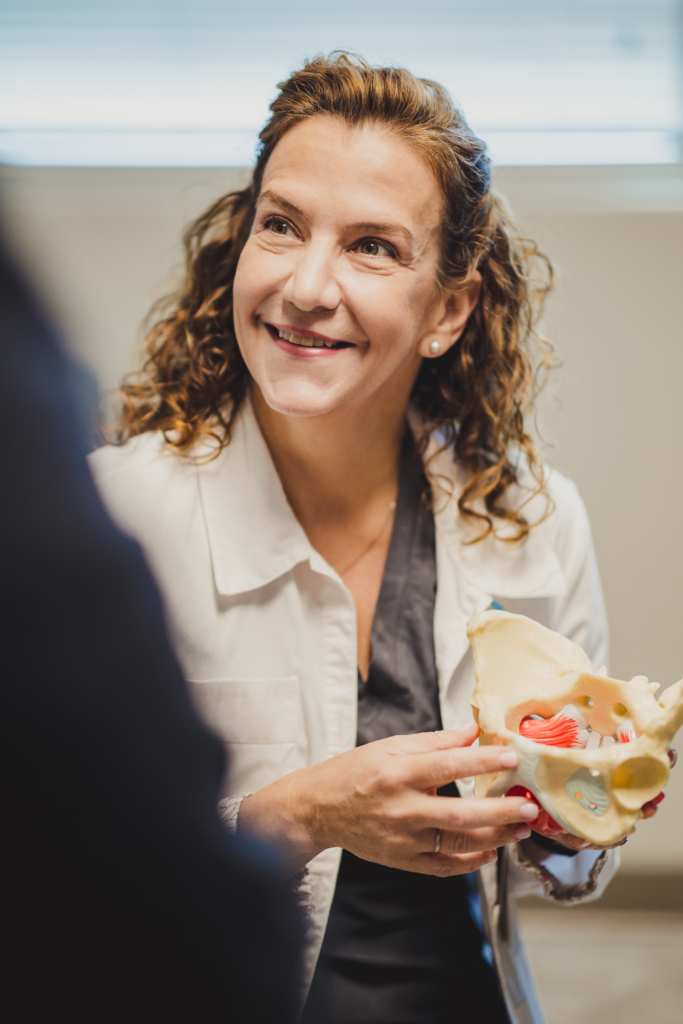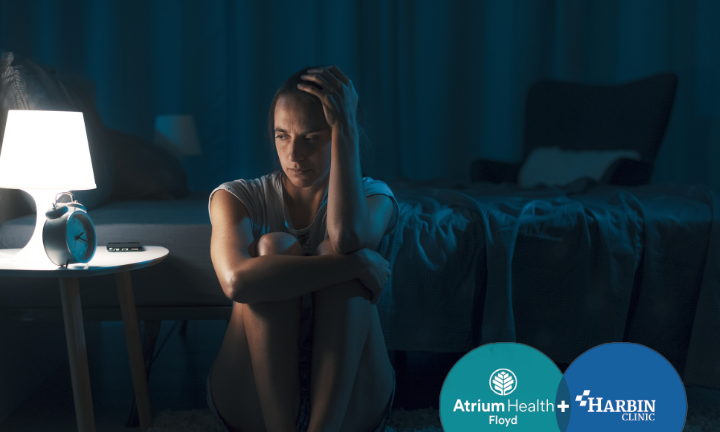Menopause: A Need-to-Know Topic for Women’s Health Month

Where do you get your health information? Today, many women learn about their bodies from mothers, grandmothers, friends or social media rather than from practitioners. Menopause, like other female health issues, often goes undiscussed. During Women’s Health Month, Harbin Clinic wants female patients to know they are not alone when facing these symptoms. Research suggests many women are surprised by the physical changes later in life. But there are local physicians trained in the latest research-based information on your changing health. Think you may be experiencing perimenopause or menopause? Don’t suffer in silence. Here’s the scoop on what it can look like and care solutions.
MENOPAUSE – Different Than You Might Think
Menopause is more than the time when a woman’s period stops in her 50s. Although menopause does, on average, begin around 51 or 52, perimenopause — the transition to menopause — varies in length. Women can identify this early stage when the menstrual cycle begins to be irregular, with at least one period within the past 3 months. For women in the U.S., the median age is 47 years of age.
Like other women’s health topics, many practitioners agree women do not receive enough accurate information or opportunities to discuss menopause and perimenopause. Endocrine Today also reports that menopause and perimenopause symptoms are not universal, so they can be difficult to identify.
Some perimenopause symptoms are more familiar to the public such as hot flashes and night sweats. But there are other symptoms, not as well-known but still common, such as worsening sleep, anxiety, moodiness, depressive symptoms and vaginal dryness, according to The Penn Ovarian Aging Study.

Harbin Clinic Women’s Center Rome
Other symptoms that might surprise you – joint pain, weight gain, declining libido, etc. – can be a sign that a woman is just beginning perimenopause. North American Menopause (NAM) certified physicians argue that women’s healthcare providers need to think creatively when middle-aged women visiting their practice mention these symptoms.
Hormone Therapy – No Need to Panic
So, why do so few women seek help for these symptoms? It is possibly because many women may not recognize their symptoms as perimenopause.
Today, dozens of studies have shown the benefits of hormone therapy outweigh the risks for women under 60. Yet the public outlook on hormone therapy has never fully recovered. Because of a single, misunderstood study from the early 2000s, many women are under the impression that they should just push through their loss of sleep, drastically changing body temperatures, painful sex, etc. without help or care.
A New York Times reporter recently jested at the absurdity of a world where men were asked to suffer through these same symptoms – loss of sleep, less sex, etc. – while doctors overlooked treatment. She pointed out that although the scenario may seem absurd, this is the reality of many women today.
“Women need to know we are ready for their questions and that we can help them discern the right treatment based on their personal health,” says Dr. Diana Vallecilla, Harbin Clinic obstetrician, gynecologist and certified NAM physician.
If you or a woman you love is struggling with perimenopause or menopause symptoms that are severely disrupting life, speak up and seek help. NAM-certified physicians are ready and willing to personalize a care plan for you. Make an appointment with one of Harbin Clinic Women’s Centers and find out whether there is a healthy way to manage your pain today.


